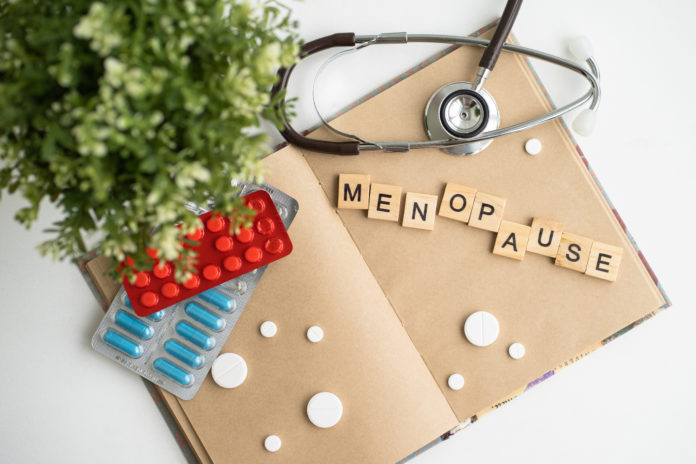Overview
The beginning of menopause could prove to be a very turbulent time. Endocrine levels drop, often quickly, and your period slows down and eventually stops, and this is usually accompanied by some not-so-pleasant symptoms.
These changes may affect certain chemicals secreted in your brain, which consequently influences your mood. Changes in endocrine levels in your body could cause anxiety or depression while transitioning into perimenopause and then menopause. However, severe panic attacks, anxiety, depression, aren’t really the norm.
More About Menopause
Fluctuations in estrogen and progesterone will create feelings of tension or depression. Some women develop an anxiety disorder while going through menopause.
Symptoms of Menopause
Mood changes, anxiety, and general feelings of nervousness are the most common symptoms of menopause and might be accompanied by hot flashes or night sweats. These symptoms are usually exacerbated by sleep disorders and fatigue.
- Frequent mood swings
- Constant irritability
- Anxiety – you worry needlessly about your kids, parents, partner, and even the planet at large
- Overwhelming feelings
- Anxiety about your health
- Panic attacks
- Sudden fears or phobias, often without a warning
- Difficulty coping
- Confusion
- Feelings of helplessness: Thinking, “I can’t do this!”
- Social anxiety: You may feel like avoiding people.
- Lack of confidence
- Feeling invisible
- Depression
When to see a doctor?
If feelings of negativity, depression and anxiety are causing difficulties in at work and especially in your relationships, and you are yet to resolve those issues, in all probability, you should see your doctor. Other reasons to seek medical help are
- If you have self-destructive or suicidal thoughts.
- If negative feelings have lasted quite a long time.
- If you don’t have anyone with whom to talk about this. It’s exhausting to understand if your thinking is right, especially if you can’t place your trust on someone or talk with them. A chat with a doctor can provide you with perspectives on the problems most significant to you.
Call 1860-500-1066 to book an appointment
Prevention and Self-care
- Seek advice from others: Sharing your feelings and emotions is usually the most effective way to discover that many others feel the same. It is easy to assume you’re slowly going insane. You will be stunned by the number of women who feel better when they talk. You’ll be able to help each other and lower your anxieties.
- EXERCISE thirty minutes a day: Choose an exercise you like and do one thing a day for half an hour. This might be walking, running, swimming, cycling, yoga, tai-chi, skating, or dancing. Anything! Consistency is the key here. Studies have shown that anxiety is considerably reduced by regular, light exercise.
- Concentrate on your breathing: If you feel anxious, you can try breathing exercises to calm down. Take deep breaths and count to seven, hold for two, exhale, and count to eleven. Repeat this until you feel calm and your thoughts become clearer.
- ME-TIME: Most of our energy is dedicated to managing our jobs or families. Take some time out for yourself. Take ten minutes every day to escape and relax. Keep a journal. Take short breaks with friends and travel if you like. Stay social, interesting, and fascinating. Women tend to forget to take care of themselves. Permit yourself to enjoy.
- Meditation and mindfulness: Use meditation to focus, quieten the mind, and enjoy the moment. Mindfulness will produce feelings of success and relaxation, lower our vital signs and pulse rate, and reduce anxiety and stress.
- BE SOCIAL: As we tend to age, our social circle shrinks, and this increases anxiety. Accept social invitations, maintain your circle of friends, and make new friends. Being social is key to preventing stress. Remember that half an hour when you exercise each day? Do it with others. A few walks and conversations will benefit you. Spending time with friends is better than sipping tea alone at home, right?
- Attempt to resolve past problems: Menopause is a time for forgiveness, healing, and compassion. Whether or not you seek professional help or come to terms with it yourself, forgive all past mistakes. Begin by being compassionate with yourself. Life is too short to hold grudges.
Conclusion
Menopause is a natural phenomenon. Face it bravely. Embrace yourself and the journey that you have experienced till now. Don’t be afraid to try new things! Life after menopause will be just as good.


















